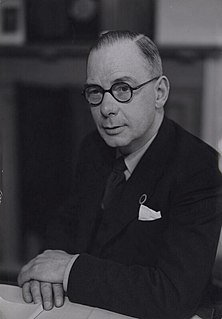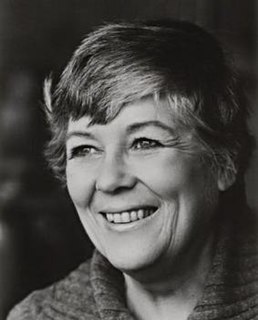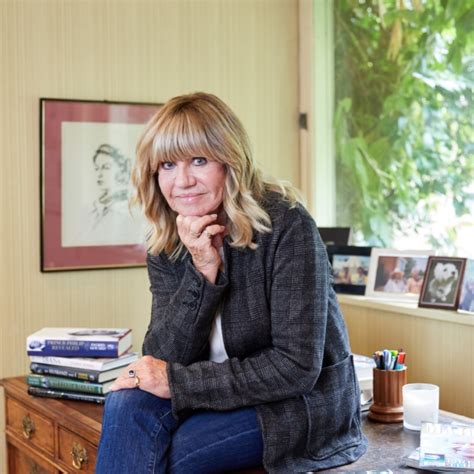A Quote by Edward Gibbon
If Julian had flattered himself that his personal connexion with the capital of the East would be productive of mutual satisfaction to the prince and people, he made a very false estimate of his own character, and of the manners of Antioch. The warmth of the climate disposed the natives to the most intemperate enjoyment of tranquillity and opulence; and the lively licentiousness of the Greeks was blended with the hereditary softness of the Syrians.
Related Quotes
He was a very private person, and sometimes it seemed to me that he was no longer interested in the world or in other people... I got the feeling that Julián was living in the past, locked in his memories. Julián lived within himself, for his books and inside them - a comfortable prison of his own design." "You say this as if you envied him." "There are worse prisons than words.
Picture the prince, such as most of them are today: a man ignorant of the law, well-nigh an enemy to his people's advantage, while intent on his personal convenience, a dedicated voluptuary, a hater of learning, freedom and truth, without a thought for the interests of his country, and measuring everything in terms of his own profit and desires.
Do you know the only value life has is what life puts upon itself? And it is of course overestimated, for it is of necessity prejudiced in its own favour. Take that man I had aloft. He held on as if he were a precious thing, a treasure beyond diamonds of rubies. To you? No. To me? Not at all. To himself? Yes. But I do not accept his estimate. He sadly overrates himself. There is plenty more life demanding to be born. Had he fallen and dripped his brains upon the deck like honey from the comb, there would have been no loss to the world. The supply is too large.
When the white man turns tyrant it is his own freedom that he destroys.He becomes a sort of hollow,posing dummy,the conventional figure of a sahib.For it is the condition of his rule that he shall spend his life in trying to impress the "natives",and so in every crisis he has got to do what the "natives" expect of him.He wears a mask and his face grows to fit it.
Julian was not insensible of the advantages of freedom. From his studies he had imbibed the spirit of ancient sages and heroes; his life and fortunes had depended on the caprice of a tyrant; and, when he ascended the throne, his pride was sometimes mortified by the reflection that the slaves who would not dare to censure his defects were not worthy to applaud his virtues.
He was welcome everywhere he went, and was well-aware of his inability to tolerate solitude. He felt no inclination to be alone and avoided it as far as possible; he didn't really want to become any better acquainted with himself. He knew that if he wanted to show his talents to best advantage, he needed to strike sparks off other people to fan the flames of warmth and exuberance in his heart. On his own he was frosty, no use to himself at all, like a match left lying in its box.
For an hour, blended with all she could offer, something noble had been created which had nothing to do with the physical world. And from the turn of his throat, the warmth of his hair, the strong, slender sinews of his hands, something further; which had. Though she combed the earth and searched through the smoke of the galaxies there was no being she wanted but this, who was not and should not be for Philippa Somerville.
When it comes to his sons, it would be easy to think that the macho Duke of Edinburgh has most in common with Prince Andrew. After all, it was Andrew, his third-born son, who risked his life in the Falklands war as a Royal Navy helicopter pilot - just as Philip had risked his own as a naval officer during World War II.






































